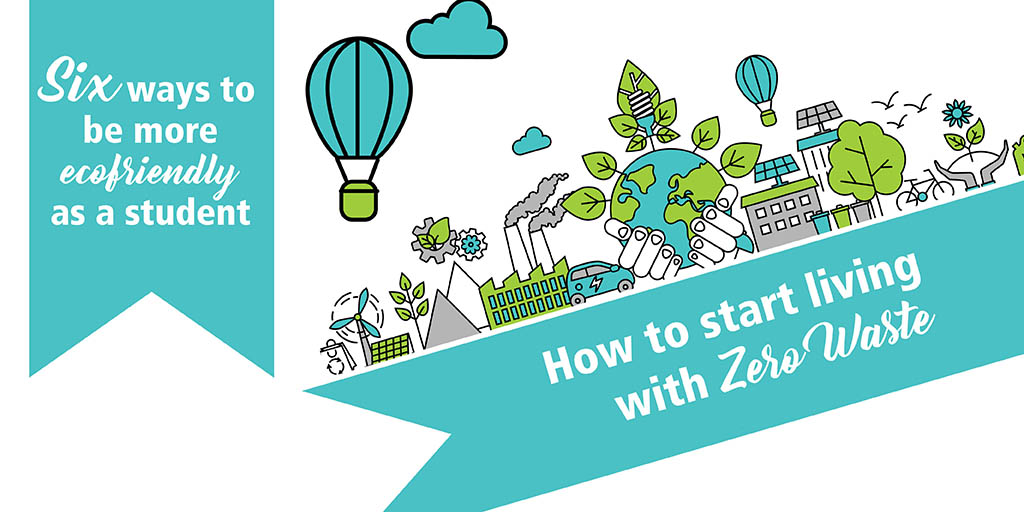How start living with Zero Waste

Zero waste is a minimalistic lifestyle of having as little waste as possible. Living zero waste won’t be an over night transformation. You can however, start making small steps to work your way all the way down to zero. With some time, effort and conscious thinking you will see a difference. To begin living zero waste you need to have an understanding of the five R’s.
Refuse
The first step to living zero waste is to not take in anything that you know will end up in the waste bin. Start saying no to items you won’t need. By refusing non reusable items you are be less wasteful. In cases where you have to pay to use non reusable products, you are making a statement by not spending you money on wasteful products. For example, don’t take plastic bags or straws. By saying no to unnecessary items you will cut out plenty of waste in your life.
Reduce
Reducing is only buying what you need. Don’t go out to buy plenty of outfits that you won’t get much use out of if you can. A helpful tip is to give yourself a day or two to think over if you really need an item before you buy it.
Reuse
To reuse products/items can make a huge difference in your waste bin. Purchase items that you will be able to get a lot of use out of, not just a one time thing. For example, switch to reusable a tote bag for grocery shopping instead of buying plastic bags each time. Some other items to get include BPA free water bottles, stainless steel straws, and mason jars for storing goods. Although you may need to eventually replace some of these items you will still get much more uses out of them compared to a lot of plastic products.
Recycle
This step is fairly straight forward. Be sure to know what is recyclable and what is not. Sorting between plastics and papers is just the starting step. Understanding how to properly sort is a crucial step for recycling. Municipalities have their own rules revolving around recycling, be sure to check with your municipalities rules as to avoid being wasteful. For example, knowing what the number on your plastic product means in terms of recycling.
Rot
Last but not least is rotting. Rot represents composting, again with sorting and knowing what goes where is an important step to keep in mind. A few items that are compostable include: fruits, vegetables, paper napkins/towels and any other left over foods with the exception on bones from chicken and other meats. Be sure to do some research on composting to further understand how to properly compost.














